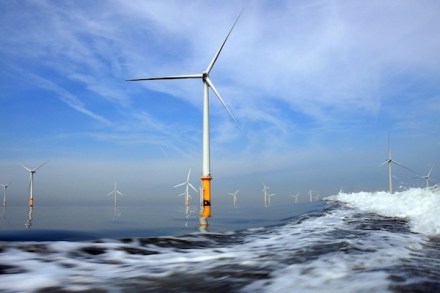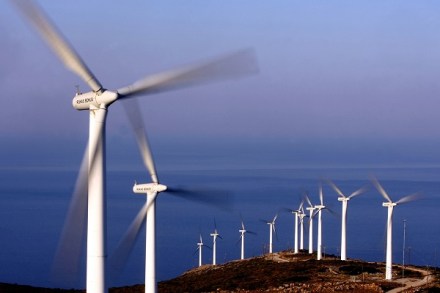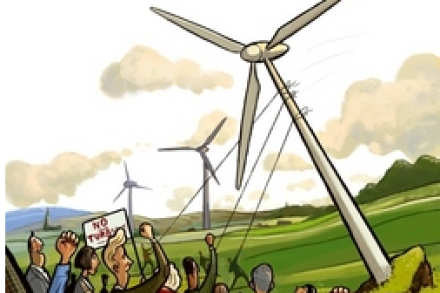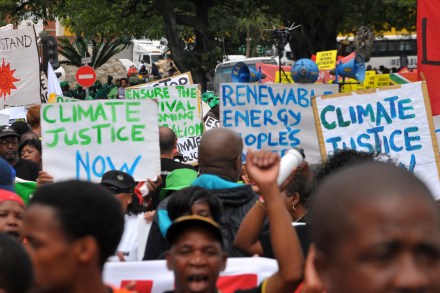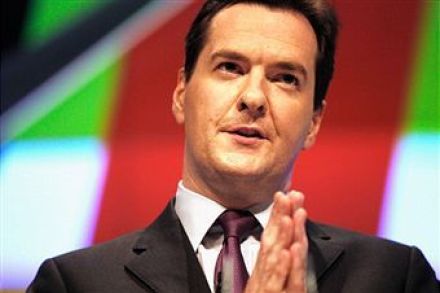In Doha, a big green rent-seeking machine
A couple of weeks ago the great global warming bandwagon coughed and spluttered to a halt in Doha, the latest stop on its never-ending world tour. The annual UN climate conference COP18 is no small affair. This is a bandwagon whose riders number in the thousands: motorcades of politicians, buses full of technocrats and policy wonks and jumbo-jets full of hippies travelling half way round the world, (ostensibly) to save the planet from the (allegedly) pressing problem of climate change This is despite the fact that nobody seems able to point to any great problems caused by the modest warming of the globe at the end of the last century






